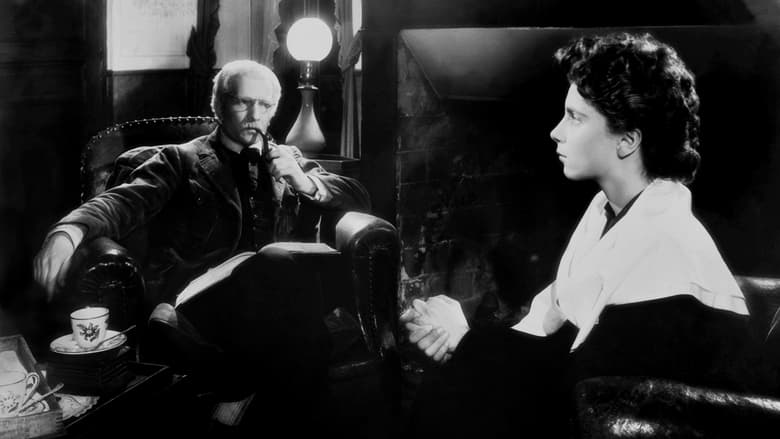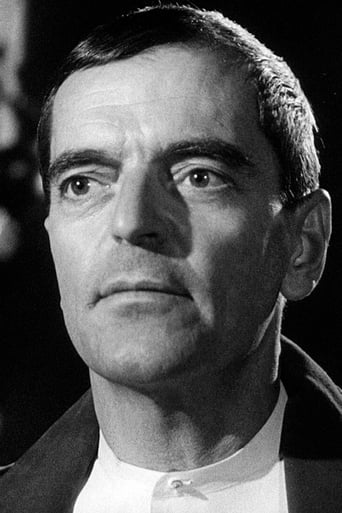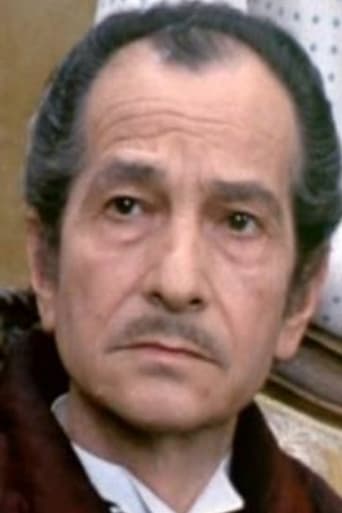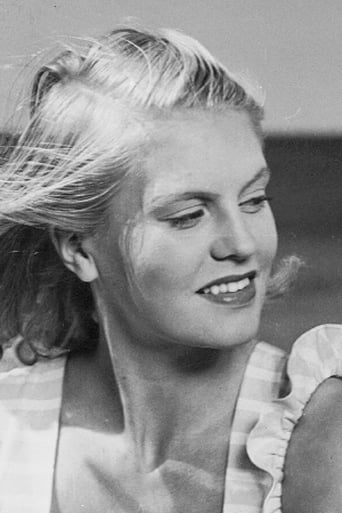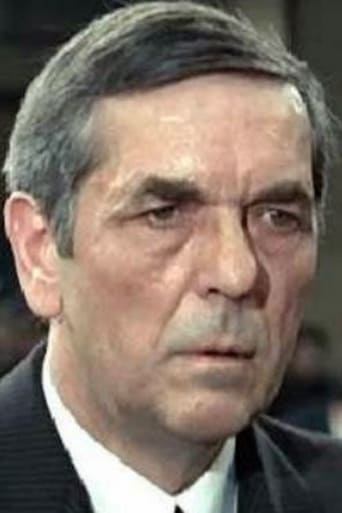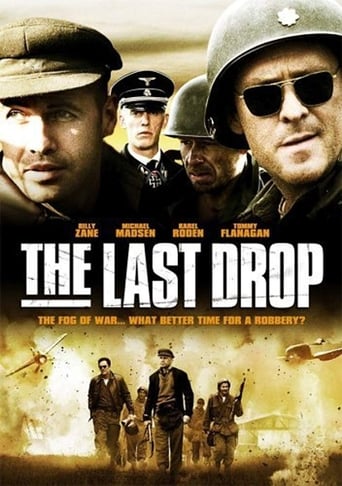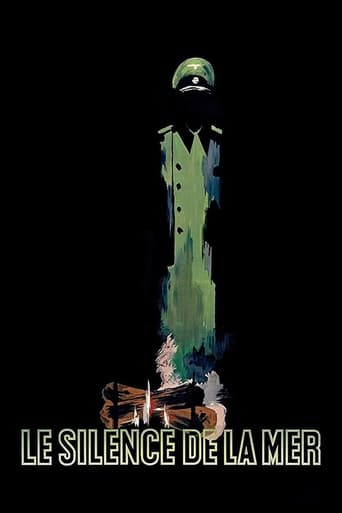
In a small town in occupied France in 1941, the German officer, Werner Von Ebrennac is billeted in the house of the uncle and his niece. The uncle and niece refuse to speak to him, but each evening the officer warms himself by the fire and talks of his country, his music, and his idealistic views of the relationship between France and Germany. That is, until he visits Paris and discovers what is really going on...
Similar titles
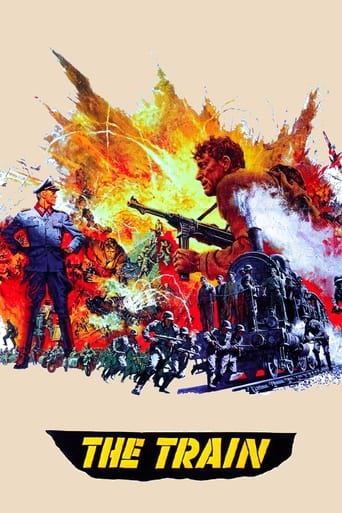
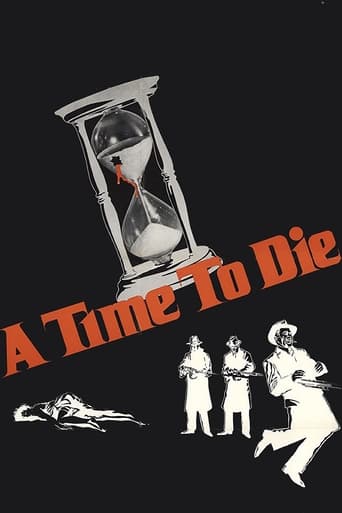
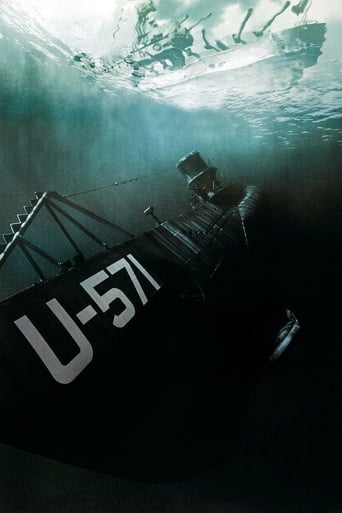
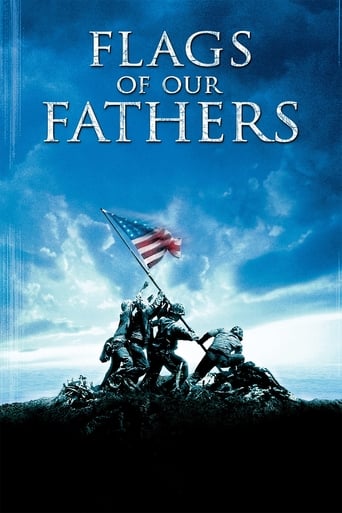
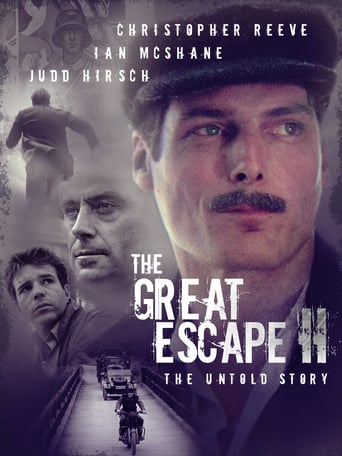
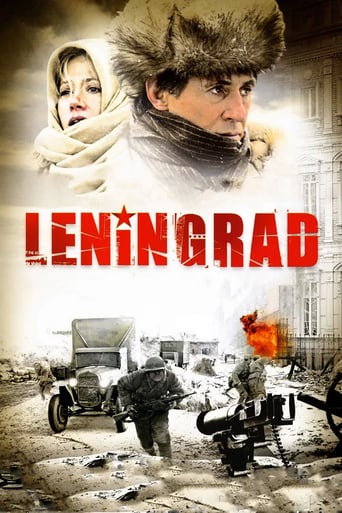
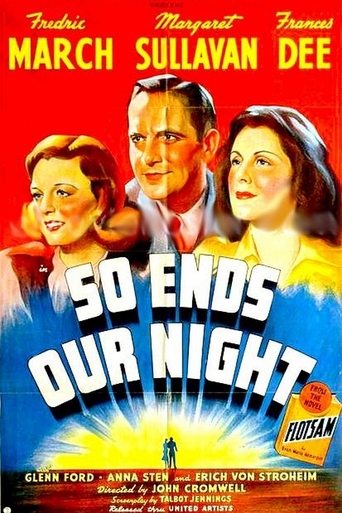
You May Also Like
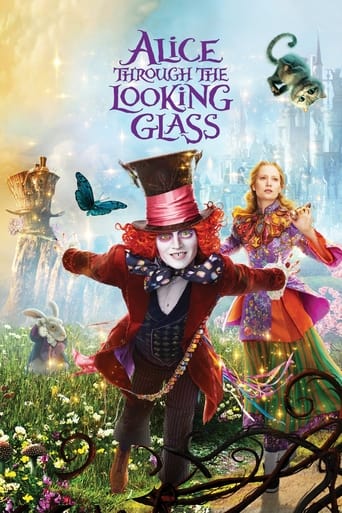
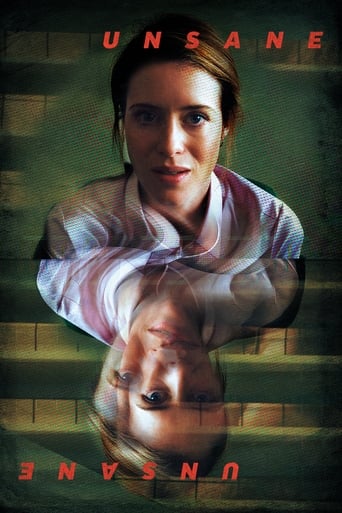
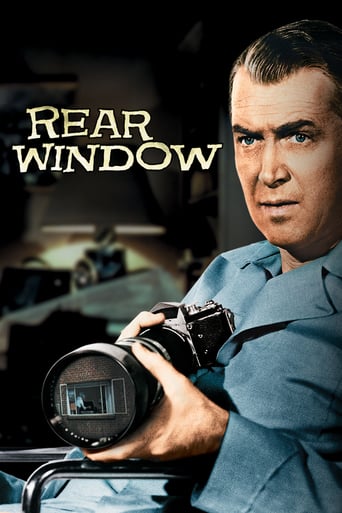

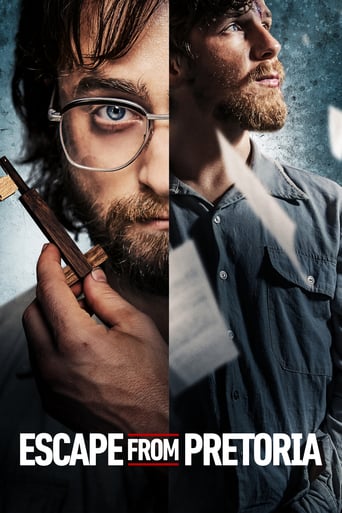

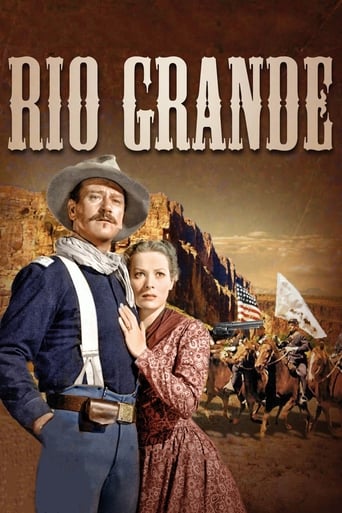
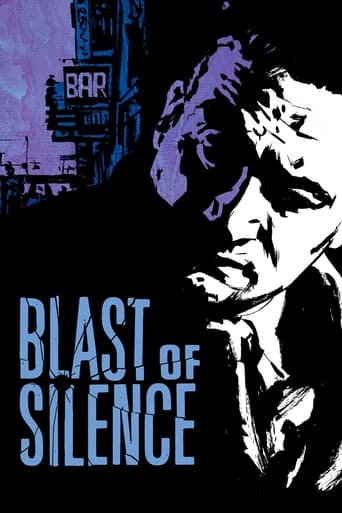


Reviews
Lack of good storyline.
Funny, strange, confrontational and subversive, this is one of the most interesting experiences you'll have at the cinema this year.
The acting in this movie is really good.
A terrific literary drama and character piece that shows how the process of creating art can be seen differently by those doing it and those looking at it from the outside.
A sympathetic Nazi? Well, yes, but not for any reason you may suspect. Lieutenant Werner Von Ebrennac, a German officer, is ordered to billet in the home of a man and his niece living alone in a small house in France. Ebrennac, a refined and sophisticated intellectual, seems to believe that politeness will compensate for the the insult of forced occupancy--it does not. The uncle and his niece maintain a complete silence for the many months of the occupation. Ebrennac, a Francophile, deluded by the idea that the German occupation of France will become a harmonious union of two great European nations, is stunned. Later, Ebrennac, crushed when his colleagues disabuse him of his naiveté, requests transfer to the front lines. His request is approved. A different and very interesting WW2 movie well worth the time of any serious student of the Second World War.
Le Silence De la Mer (Jean-Pierre Melville) This slow burning World War II drama is based on the short novel of the same name about a German soldier, Werner Von Ebrennac, during wartime who lodges with a French man and his niece, Ebrennac is met only with silence.Throughout the film Ebrennac attempts to establish a connection to the French and periodically preaches his ideologies of alliances, the similarities between France and Germany, now and again he tells stories of his youth and his fears of the evil that people are capable of. Ebbrennac is attempting to gain empathy from the French, for them to view him as human, rather than an enemy since he admires France so much. Melville denies that this is his attempt to fix the frictional relationship between France and Germany, suggesting instead that the film is just a faithful adaption of the novel, evidenced by the films beginning which is a novel being opened, the film ends with the novel closing.The house in which most of the film takes place has a ghostly air, the nephew and niece act as though Ebrennac is never there. Ebrennac often drifts in and out of the house and talks to no reply. The film's style is a slightly infrequent, switching from basic narration to flashbacks. Nonetheless the film provides a good idea of French-German relationships during war and challenges peoples perspectives on the enemy. Melville inclines us to understand that the enemy are individuals that are being puppeteer-ed by dictatorial fascistic leaders and that occasionally one in a few aren't hateful. Although the film tends to be a bit slow at times for me and occasionally uninteresting. The film relies on its dialogue and so the photography is quite simplistic. Inspired metaphoric imagery sometimes sneaks into the movie such as the niece's scarf which features two hands reaching for each other (it looks like it could have drawn by Cocteau). The simplicity increases our awareness and exaggerates the slightest element of suspense, like hearing a pin drop in a silent room. The intense stares shared between characters speaks volumes more than any of the dialogue contained in the film. The slightest hand movement attracts attention.I feel that the movie is sometimes overdone because of its overly extended scenes of silence which didn't really connect with me, although they are important. This is a promising debut film that features great performances, realistic characters, a unique atmosphere and humanistic overtones.
This film is famous for several reasons, all of them valid. The film is based upon a novel by Jean Marcel Bruller (1902-1991), writing under the pen name of 'Vercors'. The novel appeared in 1942 and was circulated secretly throughout France by the Resistance, at great danger to the lives of all concerned, under the noses of the occupying Nazis, and it became a classic work of defiance of the oppressor. Jean-Pierre Melville, who had never made a film and did not even know how, decided after the War that he had to film this story. He completed the film in 1946 and it was finally released in 1949. He shot the film in the novelist's own house for the sake of authenticity. It was half-financed by Nicole Stéphane (1923-2007), later an actress, whose first film appearance this was, as the niece. She was apparently related to the Rothschilds and thus part Jewish. She later acted in six further films, including Melville's film of Jean Cocteau's LES ENFANTS TERRIBLE (1950) and she played Marie Curie in MONSIEUR ET MADAME CURIE (1956), retiring as an actress in 1958. After that, she was producer of six films, commencing with the famous and politically provocative MOURIR À MADRID (1963) and ending with a TV film in 1988. In this film, she speaks only four words, despite being a leading player, but her performance is superb nevertheless. The story concerns the enforced billeting of a German army officer in 1942 in the country house of an elderly man (played by Jean-Marie Robain, puffing imperturbably on a pipe) and his young niece (Stéphane). They adopt an attitude of passive resistance, by never speaking to the German officer. Perhaps the most amazing thing about the film is the truly remarkable performance of Howard Vernon as the officer. The story is based upon a real experience in that same house by the author of the novel. The officer is a highly-refined and cultured Francophile, who likes to refer to all the famous French authors, even the Jewish author Proust, with affectionate regard. He sits down at one point and beautifully plays a Prelude by J. S. Bach. All of these scenes take place in the drawing room of the house, where the officer delivers long monologues to his hosts, and to which they never reply. He opens his heart to them and tells them of his deep and abiding love for France and French culture, of his passionate belief that the German Occupation will bring a wonderful and indeed a mystical union between the two cultures. His eyes glow with fervent idealism as he says these things. He explains that he always refused to join the Nazi Party, which is why he is only a Lieutenant in the Wehrmacht instead of a high officer, as he is well into middle age. Vernon's character is based upon a mixture of the real officer who was billeted in the house and the highly-cultured author, Captain Ernst Jünger, who was based in an administrative role in Paris during the Occupation. Jünger (1895-1998) lived to the extraordinary age of 103, and was author of many famous novels such as ON THE MARBLE CLIFFS (1939) and THE GLASS BEES (1957). Forty years after the War, he published a novel about Paris during the Occupation entitled A DANGEROUS ENCOUNTER, which I have read and did not think was particularly successful. His diaries of the period in Paris are also published as GARDENS AND STREETS (1942, never translated into English). During his time in Paris, the intensely Francophile and anti-Nazi (though otherwise very right-wing) Jünger fraternized with people such as Jean Cocteau. Jünger and the officer billeted with Vercors were both idealistic and old-fashioned conservative officers of the regular German Army, known as the Wehrmacht, who tended to be highly cultured and not in sympathy with the lowbrow Nazis, whom they often despised. It was these people, such as my own distant cousin James von Moltke (executed by the Nazis), who plotted against Hitler and tried to assassinate him. The performance of Vernon shows the officer displaying the most perfect and impeccable manners, bowing to his hosts and wishing them good night and confiding in them with almost reckless abandon about his hopes and fears. They never respond until the end of the film. He even tells them he admires them and understands their behaviour. But the turning point of the story comes when he visits Paris, which he has longed to do all his life. After seeing the famous monuments and soaking in the incomparable atmosphere of the world's most wonderful capital city, he then pays a visit to his childhood friend at a headquarters office where he is serving as an SS officer. As we all know, or should know, the Wehrmacht was one thing, but the SS was quite another. He is utterly horrified to learn of an extermination camp called Treblinka. (This mention of Treblinka, actually chronologically impossible for him to have learned about in 1942, was inserted into the script by Melville, who was Jewish, and did not appear in the novel.) The discussion of Treblinka occurs in German, and in the original French release of the film, it was not translated by any French subtitles. Vernon's SS friend then goes on to boast about how the Nazis intend to destroy French culture root and branch, as decadent and un-German. This totally shatters Vernon and destroys all his idealistic illusions about his role. He returns to the house in the country and tells his hosts of this terrible experience and these monstrous revelations, hoping for some glimmer of sympathy from them at his disillusionment and the horror of what he has learned. But they just look at him silently. The DVD contains an interview by cinéaste Ginette Vincendeau, as well as a lengthy printed booklet by her.
In a small town in occupied France, the tranquil life of the occupants of a country house (an uncle and his niece) is disturbed when a new German officer, Lieutenant Werner Von Ebrennac is billeted and takes up residence in their home. Not wanting to be seen to be collaborating with the enemy they both agree not to let the foreign presence interfere with their everyday life and to this end they even refuse to acknowledge their new guest when he speaks to them. Von Ebrennac a musician and budding composer understands their stubbornness and each night he joins them in their living room and regales them with his stories, on topics such as his love of France, the influence of his father, the war and his passion for music, all of his thoughts and questions go unanswered by the uncle and his niece, he puffs on his pipe while she continues to knit, all the time never making eye contact with their unwanted guest. Privately they both seem to have a growing respect for Von Ebrennac,a learned, romantic and cultured man who imparts his knowledge of French literature with a vitality that can't help but enthuse the listener, he even resorts to wearing civilian clothes in order that his hosts feel more comfortable in his presence.After the fall of France to the occupying Nazi's, Jean Pierre Melville who fought in the famous battle of Dunkirk found himself demobbed from the French military and subsequently ended up in London where he tried to do his part for the French Resistance, it was there that his love of Cinema gave him his first inkling of what his first project would be, he wanted to adapt the infamous and iconic Resistance book, La Silence de la Mer by Vercors, After the war Melville approached Vercors looking for his permission to adapt his work, which was denied. Despite this setback Melville set out to make the film anyway, another problem that beset him was that he had no Cinematic training and in the highly regulated and unionised France this was going to be a sticking point if the film was going to be made, but his determination fuelled the project and soon Vercors was on board, after Melville made him an offer that the film would never be released unless it was accepted by an esteemed Resistance audience at a private screening and if it didn't compromise his book, of course the film was widely accepted with only one vote against. Melville strived for authenticity and even used Vercors' own home for the filming and also employed actors that had been in the Resistance.Jean-Marie Robain plays the Uncle and his voice is for the most part only heard in voice-over, both he and Nicole Stéphane's (the Niece) performances by their nature have to be very subdued and all emotion is shown with but the slightest of glances and hardly any movement. Vernon has nearly all the on screen speaking parts and the film is broken up into his ever more emotive musings on life that border on soliloquy and its his performance that holds together the film, when after a brief trip to Paris to meet some old friends, he returns devastated in the knowledge of the atrocities that are to happen and that have been happening, he must now admit to his hosts that his interpretations of his countries ideals have been erroneous. A sublime debut from Melville that influenced many of his fellow countrymen, like Bresson, Truffaut and Godard, with but the slightest hint of what direction his career would take, his gathering together of first timers succeeded in creating a film that bucked many of the filmic trends of the day and as such helps retain its freshness and power even today.
Top Streaming Movies











